Sea Smart 2, the roll out and AVL
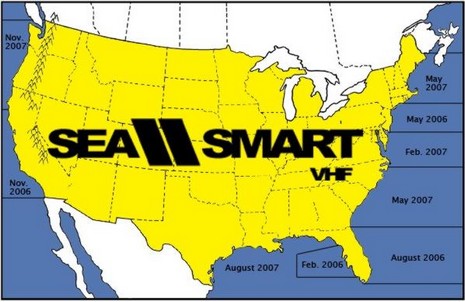
As explained a bit yesterday, Sea Smart has taken over the infrastructure—towers, radios, and marine operator licenses—that MariTEL shut down in 2003. As shown above, from seasmartvhf.com, the service is live on the west coast of Florida, coming to the NJ/NY/CT shore soon, and supposedly the whole U.S. coast by late 2007. Like the old service, Sea Smart is primarily offering ship-to-shore phone calls, but at a flat rate that’s much simpler and more reasonable than it used to be. Range, of course, will usually outdo even the most souped up cell phone setup, and the operators can supposedly supply “information on the nearest fuel dock or restaurant…” (though I’m not clear about far the Long Island, NY, call center is able or willing to go with this sort of ‘concierge’ service).
At any rate, current Sea Tow members get unlimited calls, including U.S. long distance charges, for $144 per year, while non-members pay $204. Note that each call is limited to five minutes and the service does not support shore-to-ship calls. (Note also that the shore side of your phone conversation can be heard by anyone tuned to the channel, and, if this service takes off, calling slots could get scarce). Sea Smart had a temporary station set up at the Miami show and I tried a call to my cell. It was somehow pleasingly retro to place it with a live operator and the voice quality was quite good.
Getting the Sea Smart operator is just a matter of selecting the right local channel (the possibilities are: 24–28 or 84–86) and holding down the transmit button for 5 seconds, listening for an automated confirmation message, and then holding the button for another 5 seconds. DSC is not actually needed to connect with the operator, but Sea Smart requires that you have an MMSI along with a DSC radio attached to a GPS. That means that once the operator gets your MMSI he or she can poll your radio for a position. Sea Smart seems to have two reasons to push DSC. One is that when help is needed the call center can then very easily give good position information to the adjoining Sea Tow dispatch center. Another is that DSC polling lets Sea Smart include Automatic Vessel Location (AVL) as part of the service. The screen shot below, and bigger here, shows you how, say, your family might check on your fishing trip.
I have even more noodling on this subject but I’m really curious what you all are thinking. Might you sign up for Sea Smart when it goes live in your area?



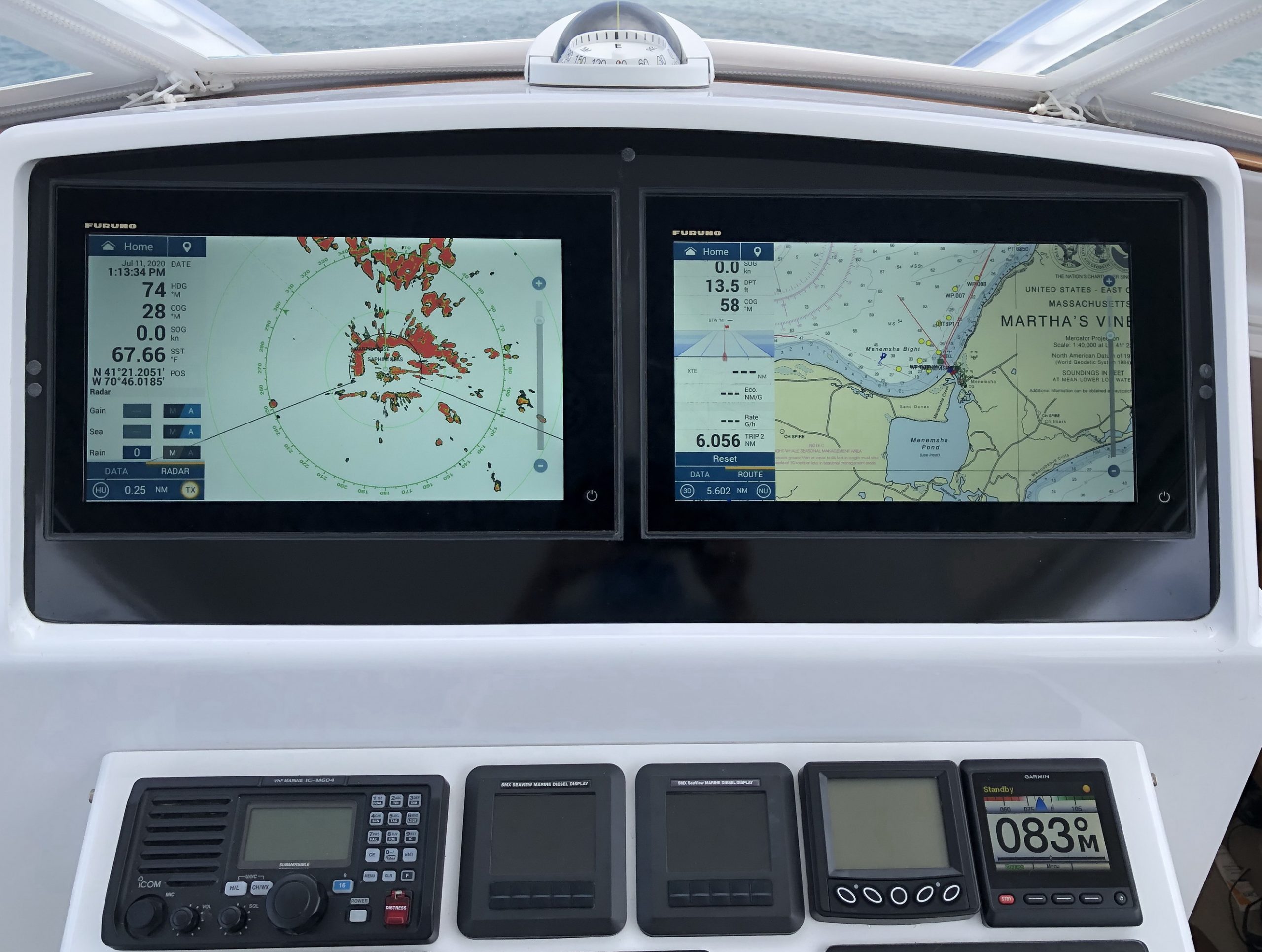
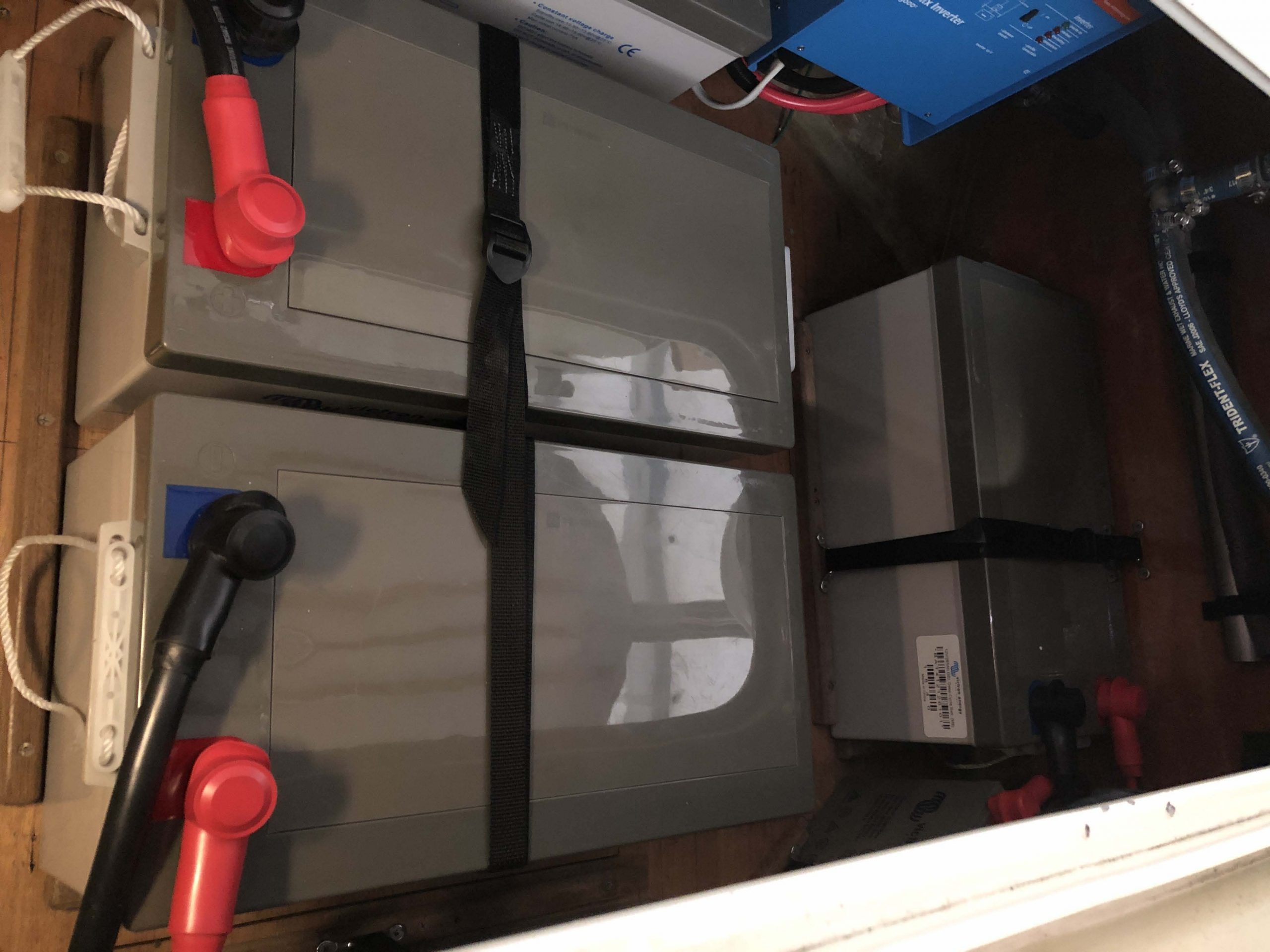
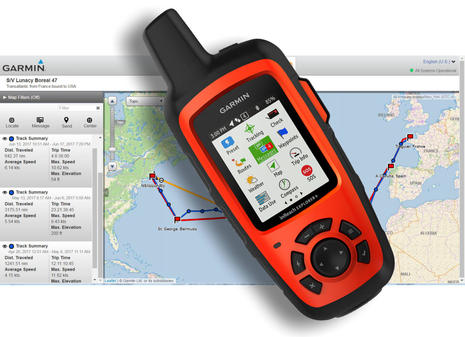
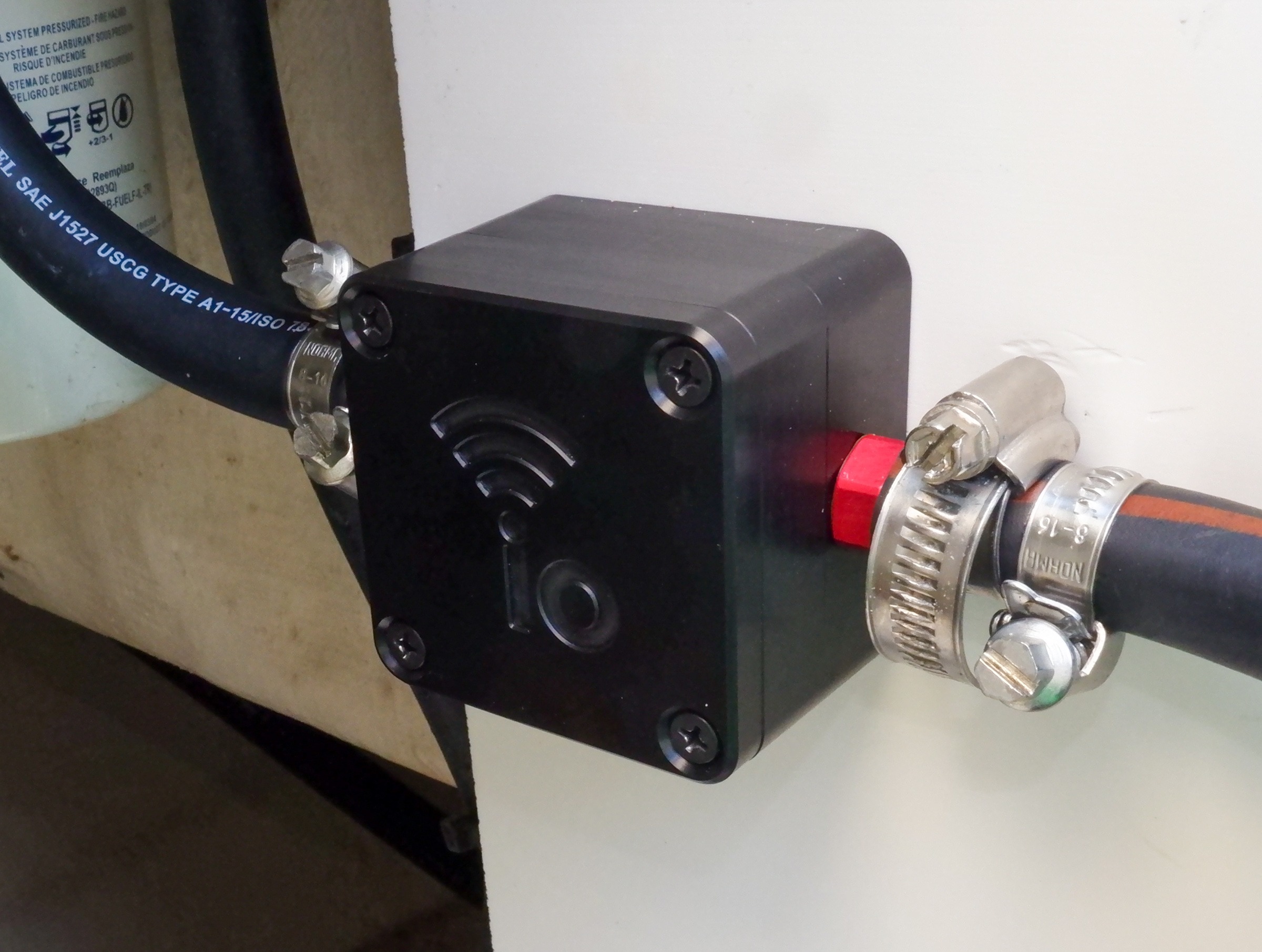







I would not subscribe to this service, because it doesn’t provide anything I need. Cell phone service is perfectly satisfactory for the few calls I need to make from the boat. I can use my VHF to call the Coast Guard, or a towing service if I need it, and I would not do a blind call for recommendations for fuel or restaurants. What I would really like would be internet service via the cell phone at a reasonable cost, so that I could see the weather maps (I know that XM now sells this, but it is a niche – full wireless internet is much more useful). It is here, but the cost is still too high, and the learning curve too steep, but I think in a few years it will be commonplace.
Inserting people into the communications process will be the downfall of this service. People are expensive, and there are not enough customers willing to pay to support them. Remember, Bill Gates is not a zillionaire because he figured out a way to do people’s computing for them – he figured out how to provide the cheap tools that allow them to do their computing themselves, without the intervention of layers of hand-holders/”experts”.
There are some areas in the Puget Sound/Juan de Fuca/San Juans that have poor cell coverage (for now). The almost-guaranteed ability to call out from almost anywhere is surely worth something but the lack of shore-to-ship calls is somewhat of a stumbling block.
I don’t know many folks older than 13 who don’t have a cell phone. With more towers going up daily and service, cost, and feature improvements being made all the time, it’s hard to see this a a viable, long-term, business plan.
John, What we’ve often experienced over here on this coast is decreasing cell coverage over the water as the towers fill in and their focus is narrowed.
By the way, thank you kindly for your guitar CDs. Nice stuff; has graduated from home office to living room. Readers, check it out at:
http://www.halcyon.com/jwms/default.htm
Thanks for the plug Ben!
The decreasing cell coverage is a scenario I’m not aware of. I suspect it’s likely to happen, if not already happening, here too. It does seem like coverage is getting better every year though. Maybe the phone technology is getting better?
Packetized data over the cell networks such as instant messaging and email (data services) seems to work in areas that have very poor reception. I assume it’s because that type of transmission has the facility to retry hunks of data that get dropped. This is probably the real future of communication to distant and fringe coverage areas.
Any idea why SeaSmart can’t or won’t do shore-to-ship? I would consider signing up if that was available.
John,
I think Sea Smart has the technology to do shore-to-ship, even automated—figuring out which VHF area you’re in by pinging your MMSI in a search pattern and then ringing your radio. That and some other neat features are possible, I believe, but they’ve decided to begin with two desirable functions for a flat rate. Probably smart.
Mariner Networks LLC has just launched a new website (www.marinernetwork.stream-cast.us). Our focus is streaming Marine VHF Radio from locations around the country to Internet users online. For example, an avid fisherman land-locked in Ohio can listen in to Ocean City, MD, Marine VHF Channel 72 and hear the captains reporting real time fishing reports!
A few marinas already have really nice webcams and are interested in taking on this added functionality which will bring more patrons to
their website and ultimately, more business to the marina. We have agreed to provide free advertising for the marina and can provide a link to the audio stream.